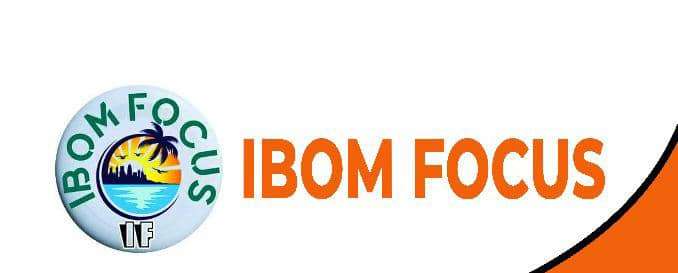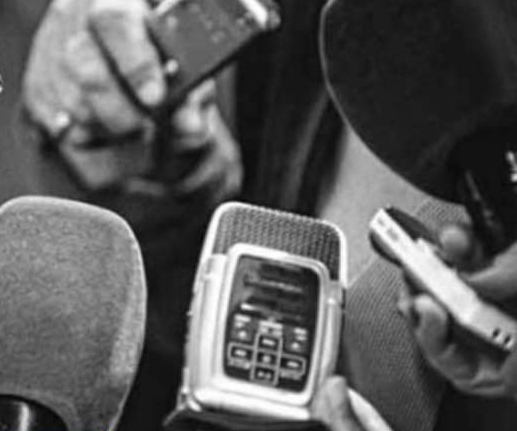Report: Security Agencies Are Worst Enemies Of Nigerian Media
The escalation of violence against journalists is particularly concerning, given the crucial role the media plays in holding those in power accountable.
Nigeria’s security agencies, including the police, the military, and intelligence services, have been the primary perpetrators of attacks against journalists in 2024, according to the Media Rights Agenda’s (MRA) in its annual state of media freedom report.
The report reveals a disturbing trend, with security agencies responsible for 29 attacks in 2022 (45% of total attacks), 34 attacks in 2023 (44%), and staggering 45 attacks in 2024 (65%).
The escalation of violence against journalists is particularly concerning, given the crucial role the media plays in holding those in power accountable.
The MRA report highlights the irony that institutions tasked with upholding the rule of law and ensuring citizen safety have become instruments of oppression against the media.
The situation is further complicated by a pervasive culture of impunity, which has emboldened perpetrators and led to more severe attacks.
MRA’s Programme Officer, John Gbadamosi, according a statement on Tuesday, by Idowu Adewale, Communications Officer, Media Rights Agenda, emphasised the need for accountability and an end to the harassment and intimidation of journalists.
Gbadamosi said, “It is ironic that the institutions tasked with upholding the rule of law as well as ensuring the safety and security of citizens, including journalists, have instead become the instruments of oppression against the media. It is worse still that the pervasive culture of impunity which has ensured a lack of accountability for past attacks has now emboldened these perpetrators to the extent that we are now seeing them at their most horrendous.”
According to the statement, the report documented in detail 21 cases of assault and battery against journalists during the first 10 months of the year; 17 cases of arbitrary arrests and detention; three cases of raids on homes/offices of journalists; eight cases of threat to life; two cases of harassment, six cases of abductions/kidnapping; five instances when journalists were obstructed from performing their duties; one journalist killed and six cases of other forms of attacks.
Besides law enforcement and security agencies, other perpetrators of attacks against journalists documented in the report include other government officials, responsible for four of the attacks; the courts, responsible for two violations of journalists’ rights; thugs and hoodlums, responsible for seven of the attacks; four unknown gunmen and six other unknown persons.
Mr. Gbadamosi identified a positive development in the course of the year, observing that “In recent years, crippling fines imposed by the National Broadcasting Commission (NBC) on broadcast stations for alleged violations of the Nigeria Broadcasting Code has been a recurring feature in the threat landscape. But 2024 recorded zero fines imposed on broadcast stations by the NBC, apparently as a result of court judgments secured by MRA in May 2023 and January 2024 forbidding the NBC from further imposing such fines on broadcasters. We commend the NBC for complying with the courts’ orders.”
In addition, he said, the year also witnessed another positive development with the opening of a court-mandated inquiry into the death of Mr. Pelumi Onifade, a 20-year-old reporter with Gboah TV who was reportedly arrested by policemen attached to a Lagos State taskforce while he was covering the #EndSARS protests in 2020, and later found dead at a mortuary in Ikorodu in Lagos, where his body was deposited.
Describing the development as unprecedented and a significant step toward accountability and justice in cases involving attacks on journalists in Nigeria, Mr. Gbadamosi said MRA is very proud to have instituted the wrongful death suit against the Police and the Lagos State Government which resulted in the judgment of a Federal High Court in Lagos directing an investigation into the late journalist’s death.
He said: “Despite these significant positive developments in the course of the year, the threat environment for journalism and media practice in Nigeria remains extremely concerning and it is imperative that urgent measures are taken to protect journalists and hold perpetrators of attacks against them accountable. Such measures should include strengthening Nigeria’s legal framework to better protect journalists and ensure that all attacks against journalists are speedily investigated and the perpetrators prosecuted and punished.”
According to Mr. Gbadamosi, without meaningful action to safeguard media freedom in Africa’s largest democracy, the cycle of violence and other forms of attacks against journalists as well as impunity for such attacks will persist, further undermining Nigeria’s democracy and the public’s right to know.


